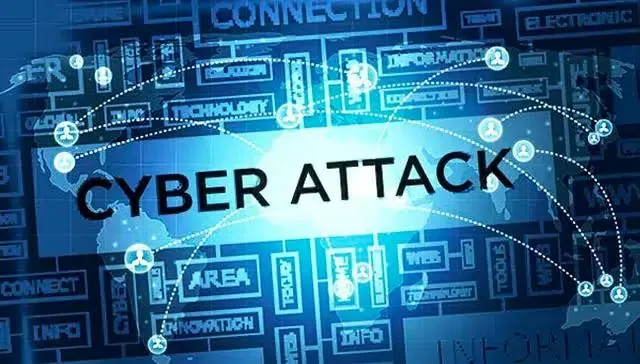The cyber-attacks exploited a vulnerability in the Microsoft Outlook email service, allowing the perpetrators to compromise the servers of affected companies. German Foreign Minister Annalena Baerbock condemned the attacks as state-sponsored, describing them as "absolutely intolerable and unacceptable" and promising consequences.
The Czech Republic also reported similar attacks on its institutions, with a statement from the foreign ministry denouncing the violations as contrary to UN norms of responsible state behavior. APT28, also known as Fancy Bear or Pawn Storm, has been implicated in numerous cyber-attacks worldwide, with the UK's National Cyber Security Centre describing it as a highly skilled threat actor.
Germany's interior ministry revealed that the cyber-attacks, attributed to the Russian military intelligence service GRU, targeted various sectors including logistics, defense, aerospace, and IT. These attacks aimed to compromise email accounts by exploiting the vulnerability in Microsoft Outlook. Interior Minister Nancy Faeser emphasized that such attacks pose a threat to democracy and stated Germany's determination to counter them, with support from the EU and NATO.
The timing of these cyber-attacks is particularly concerning as Europe prepares for upcoming elections. The EU condemned the cyber-attacks on Germany and the Czech Republic, highlighting similar threats faced by member states such as Poland, Lithuania, Slovakia, and Sweden. NATO also condemned the attacks, emphasizing the persistent efforts of cyber threat actors to destabilize the alliance.
The summoning of a Russian ambassador or high-ranking official is considered a significant diplomatic move, signaling Germany's firm stance against cyber aggression. A spokesperson for the German foreign ministry underscored the seriousness of the incident, emphasizing the real and substantial threat posed by Russia to security and peace in Europe.
The cyber-attacks occurred as Germany was deliberating on whether to send Leopold 2 battle tanks to Ukraine in response to a request from the Ukrainian government. The attacks were perceived as a reaction to this decision, with Russian activist hackers targeting German websites in protest. Despite these disruptions, Germany remained steadfast in its commitment to support Ukraine and counter Russian aggression.
Cyber-attacks are recognized as part of Russia's hybrid warfare strategy against Ukraine and the EU. In addition to cyber-attacks, the Kremlin employs disinformation tactics across social media and fake news websites to undermine democracy and sow distrust. The EU has identified thousands of disinformation units since the onset of the conflict, highlighting the extent of Russia's information warfare efforts.
Josep Borrell, the EU's chief diplomat, has warned of the dangers posed by disinformation, emphasizing its role in undermining mainstream parties and fostering hate against minorities. He described this form of warfare as insidious, using words and ideas to manipulate and control narratives.
The World Economic Forum has ranked disinformation and cyber-attacks as significant global risks, highlighting the need for robust countermeasures. NATO has acknowledged the importance of addressing cyber threats alongside traditional military capabilities, recognizing the impact of information manipulation and interference.
Germany's response to the cyber-attacks reflects a broader effort by European leaders to confront Russian aggression and protect democratic institutions. By taking diplomatic action and advocating for collective security measures, Germany seeks to deter future cyber aggression and uphold the principles of sovereignty and democracy.
In conclusion, Germany's summoning of a Russian envoy over cyber-attacks underscores the seriousness of the threat posed by state-sponsored cyber warfare. The coordinated response from Germany, the EU, and NATO demonstrates a united front against cyber aggression and affirms the commitment to safeguarding democratic values and international security.

